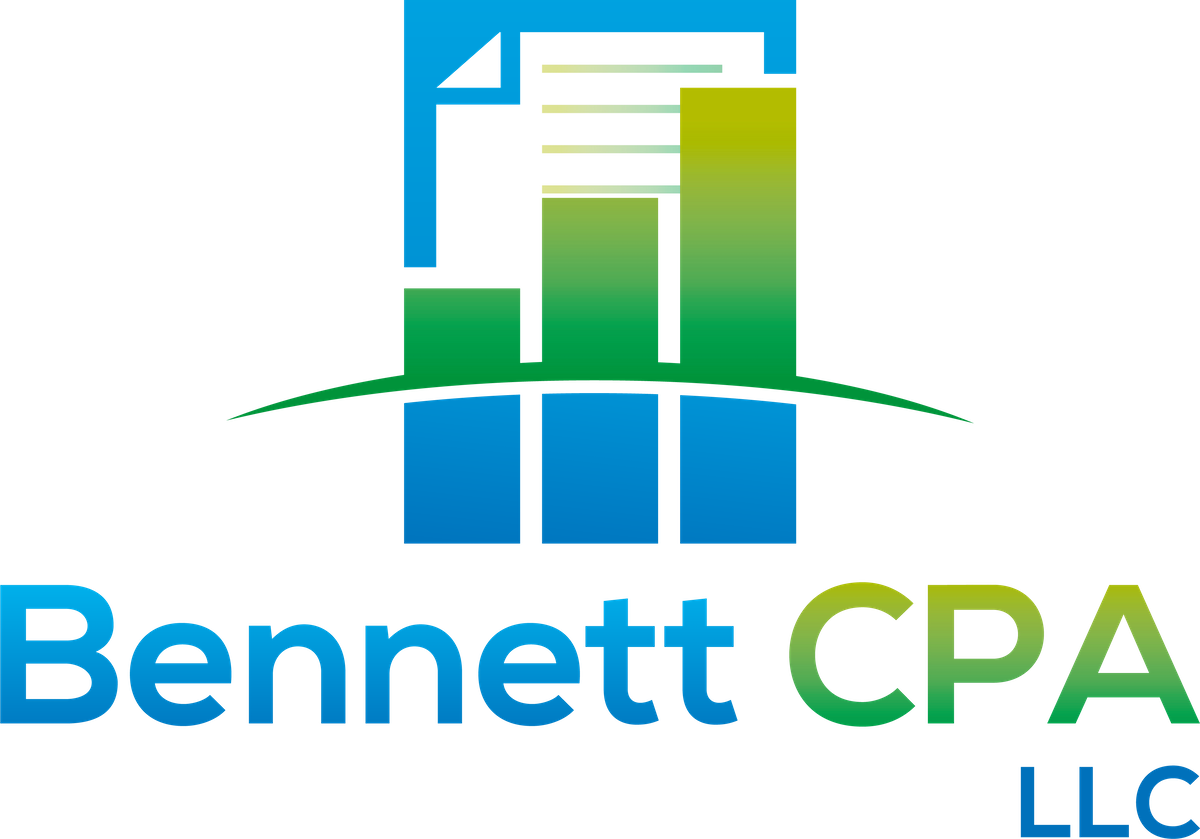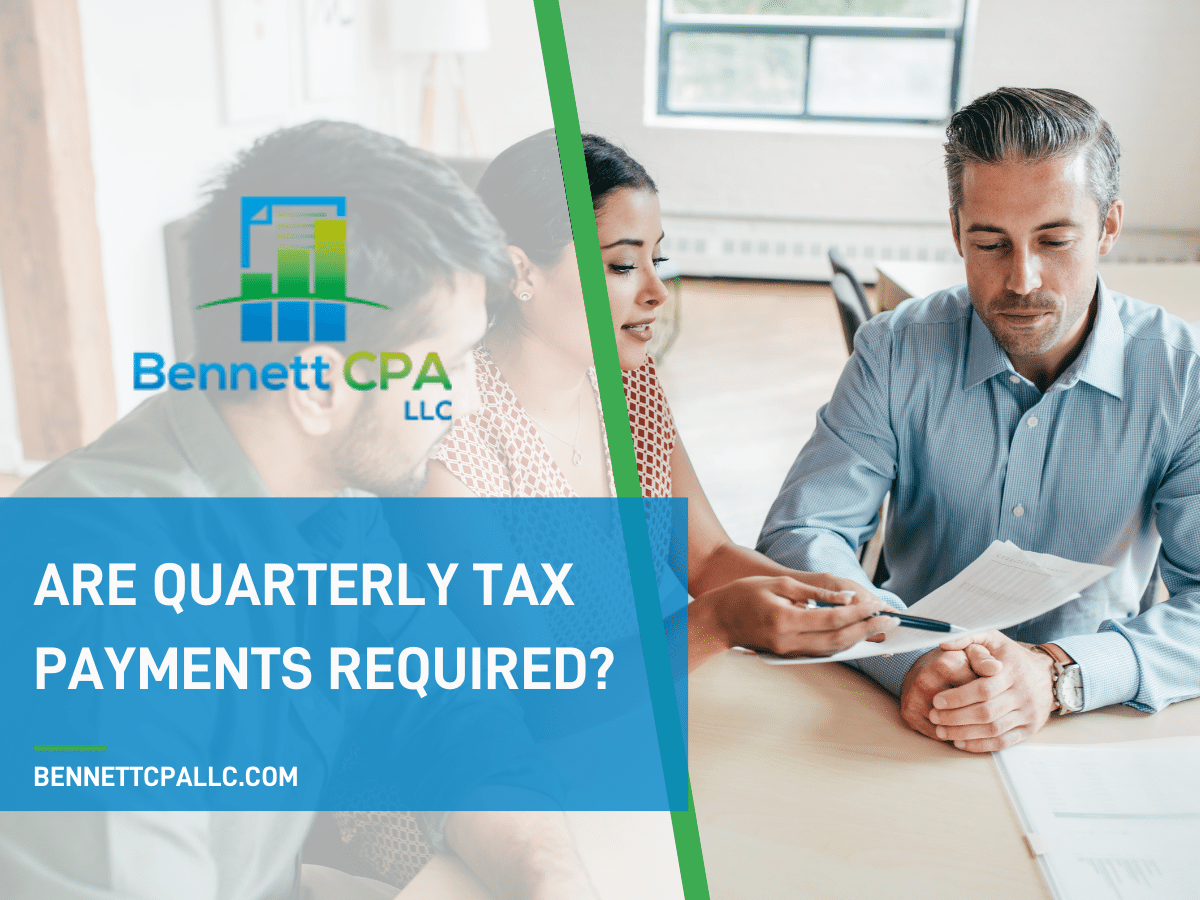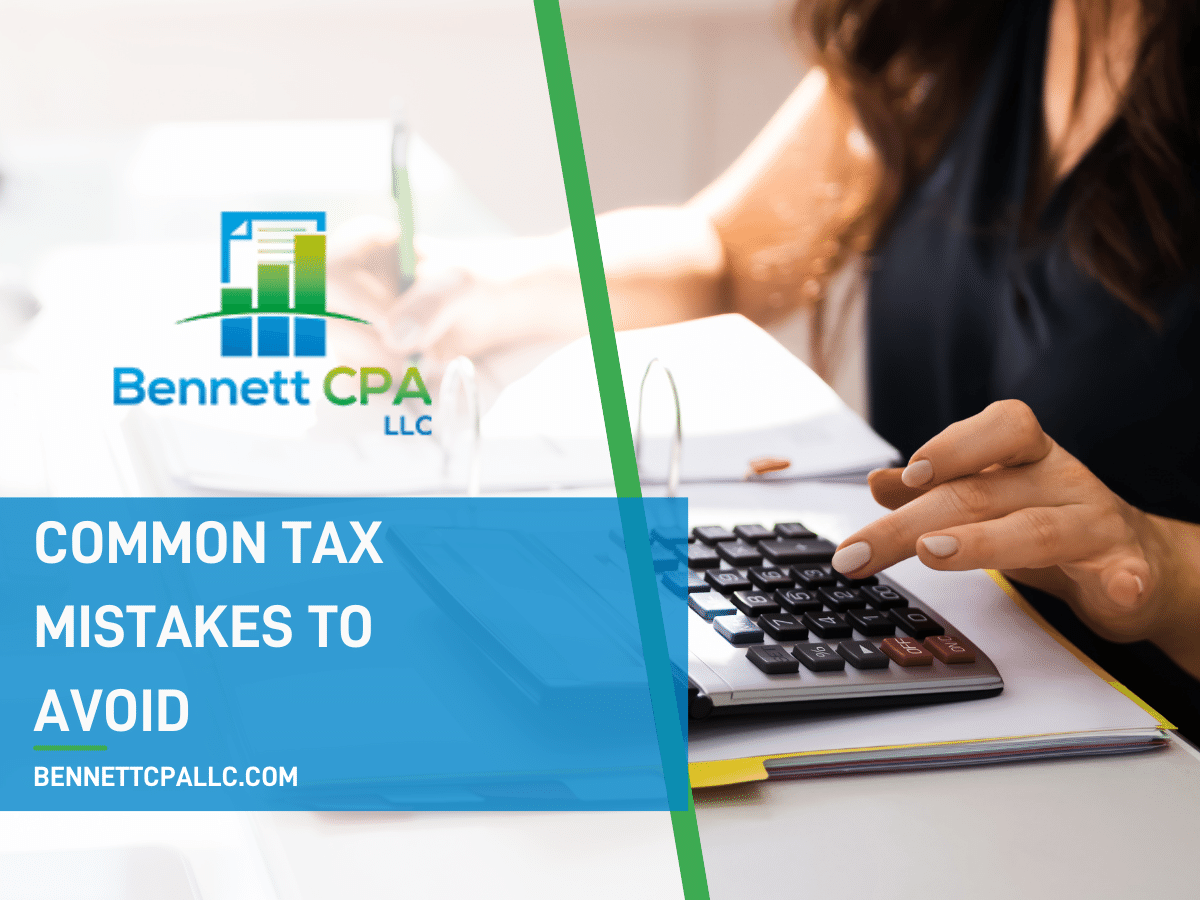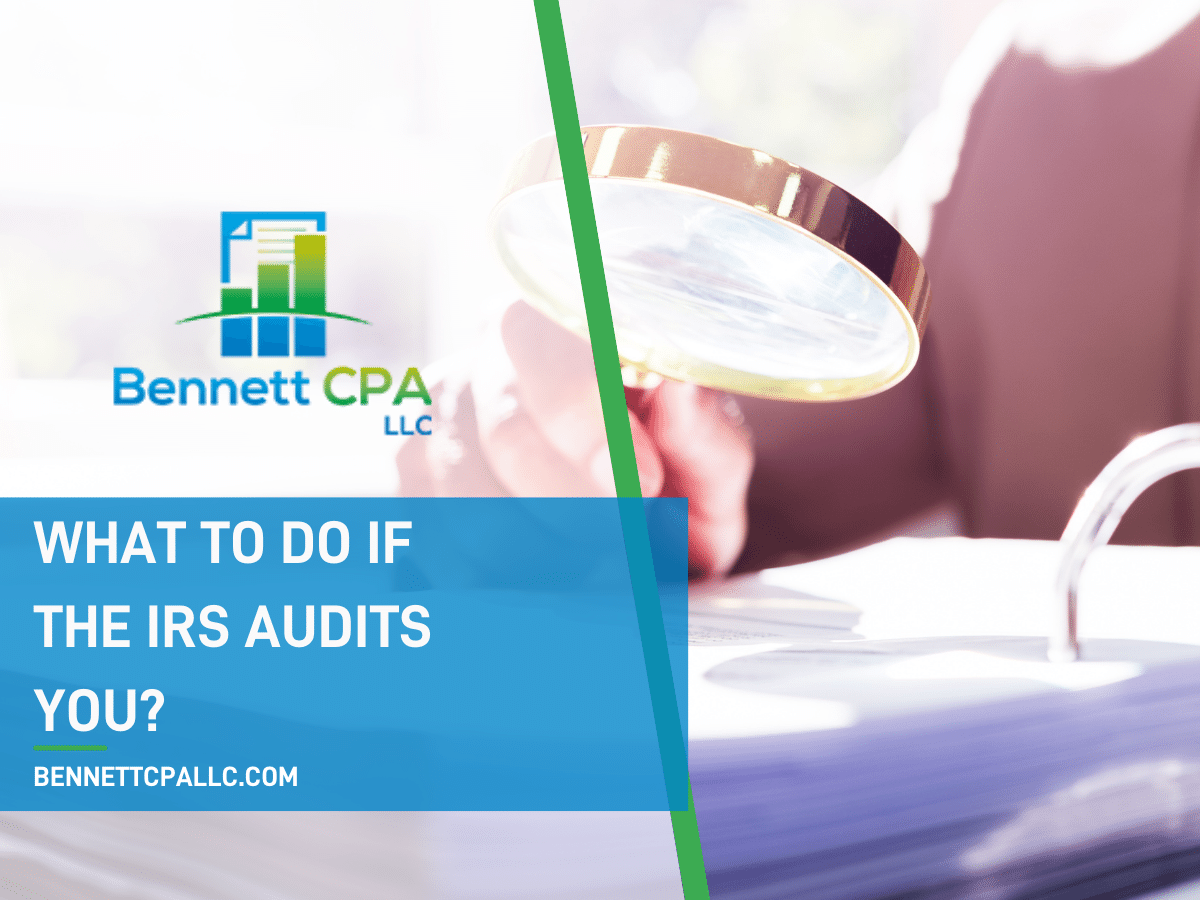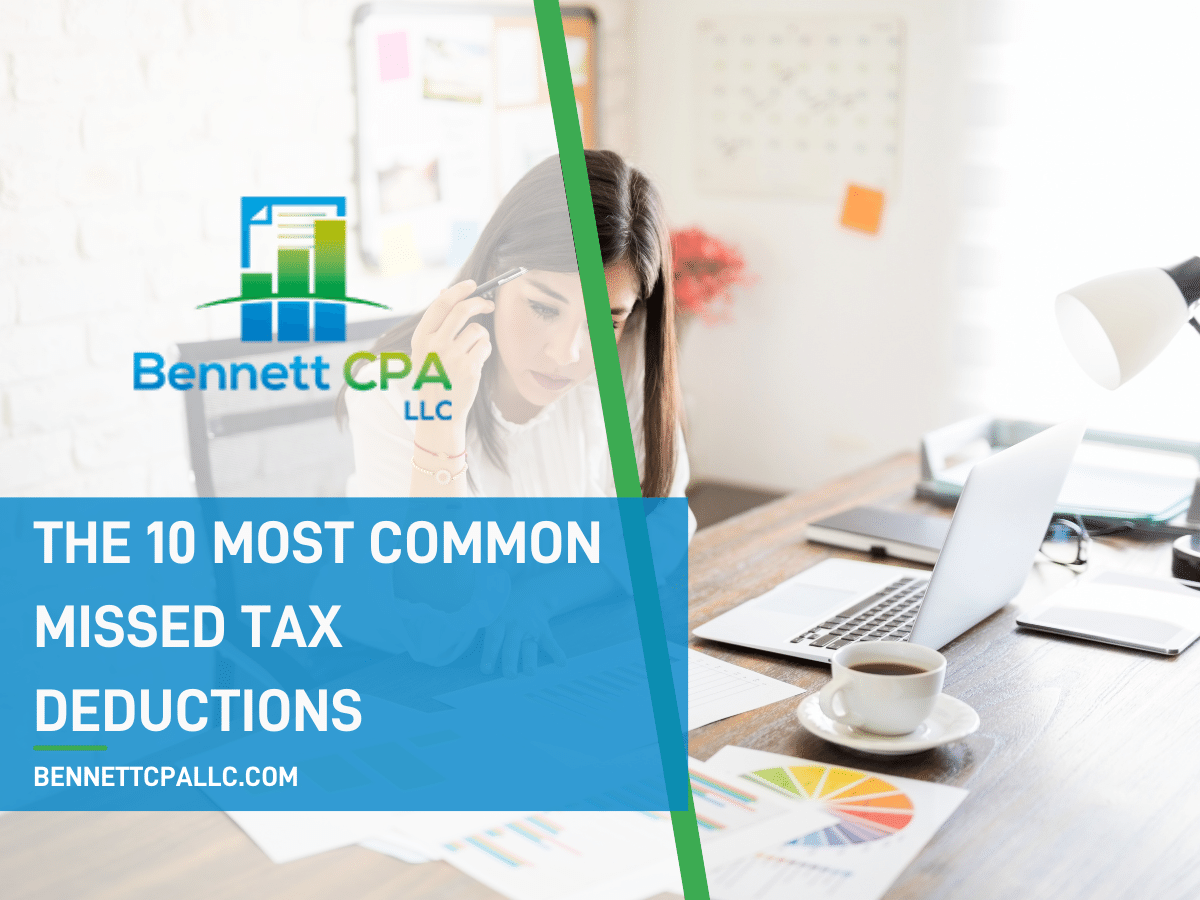Taxes are a complicated issue. For business owners and self-employed individuals, knowing when and how much to pay can be tricky. In the United States, quarterly estimated taxes are due on April 15th, June 15th, September 15th, and January 15th of each year. In short, these quarterly tax payments are required for individuals who will owe more than $1,000 in taxes for the year. But let’s take a closer look.
Bennett CPA is your tax expert in Colorado Springs. Merrill Bennett is a certified public accountant who can help you determine if quarterly tax payments are required for your individual or business situation. With years of tax experience for individuals and businesses, Bennett CPA can help you understand the complex world of taxes.
Keep reading to learn more about why quarterly tax payments may be required for you.
Who is Required to Pay Quarterly Tax Payments?
If you are self-employed, an independent contractor, or have other forms of income that are not subject to withholding tax, you may be required to make estimated quarterly tax payments. This is because the IRS wants to ensure taxes are collected from taxpayers who don’t have an employer withholding taxes from their paychecks throughout the year.
The IRS requires quarterly estimated payments if you will owe at least $1,000 in taxes for the year as a sole proprietor, partner, or S corporation shareholder. Corporations are also expected to pay quarterly taxes if their estimated taxes are expected to exceed $500.
Make sure you report all the income you received during the year. The IRS wants you to report the following:
- Self-employment income
- Freelancing income
- Social security benefits
- Alimony
- Rental income
- Capital gains
- Pensions
- Annuities
Who Doesn’t Have to Pay Quarterly Tax Payments?
If you are an employee that has taxes withheld from your paycheck, you won’t have to make estimated quarterly payments. Simply, if you get a W-2, this doesn’t apply to you. This is because the withholding tax should cover most of what the IRS expects you to pay in taxes for the year.
According to the IRS, you also don’t have to pay quarterly taxes if all of the following apply:
- You had no tax liability for the prior year
- Your prior tax year covered a 12-month period
- You were a U.S. citizen or resident for the entire prior year

When Are Quarterly Tax Payments Due?
If you do owe estimated taxes, they are due on April 15th, June 15th, September 15th, and January 15th of each year. It’s important to be aware of these dates because failure to pay taxes on time can result in penalties and interest fees.
What Happens if I Don’t Pay Quarterly Tax Payments?
If you are required to make estimated quarterly tax payments and fail to do so, the IRS could charge you a penalty. The penalty is a percentage of the unpaid tax amount. Additionally, the IRS may charge you interest on what you owe.
How Do I Make Quarterly Tax Payments?
If quarterly tax payments are required, you will use IRS Form 1040-ES to calculate and make estimated payments. This form can be mailed directly to the IRS. You can also pay online using the IRS Direct Pay tool or other electronic payment options.
To ensure that you don’t owe penalties for underpayment of taxes, it is important to calculate your estimated tax payments accurately.
How Do I Calculate Estimated Quarterly Taxes?
There are two ways you can go about estimating how much to pay in quarterly tax payments.
If you have an idea of what you’re going to owe to the IRS, you can split that into four payments and send it in by the due date. So, for example, if you expect to owe 4,000 in taxes at the end of the year, your estimated tax payments would be 1,000 each quarter.
If your income changes frequently, this may not be the best way to calculate your quarterly payments. In this case, you may want to annualize your income. This means you’ll use the actual amounts of income and deductions reported in each quarter to calculate how much tax is due for that period. The IRS has more information on how to go about doing this.
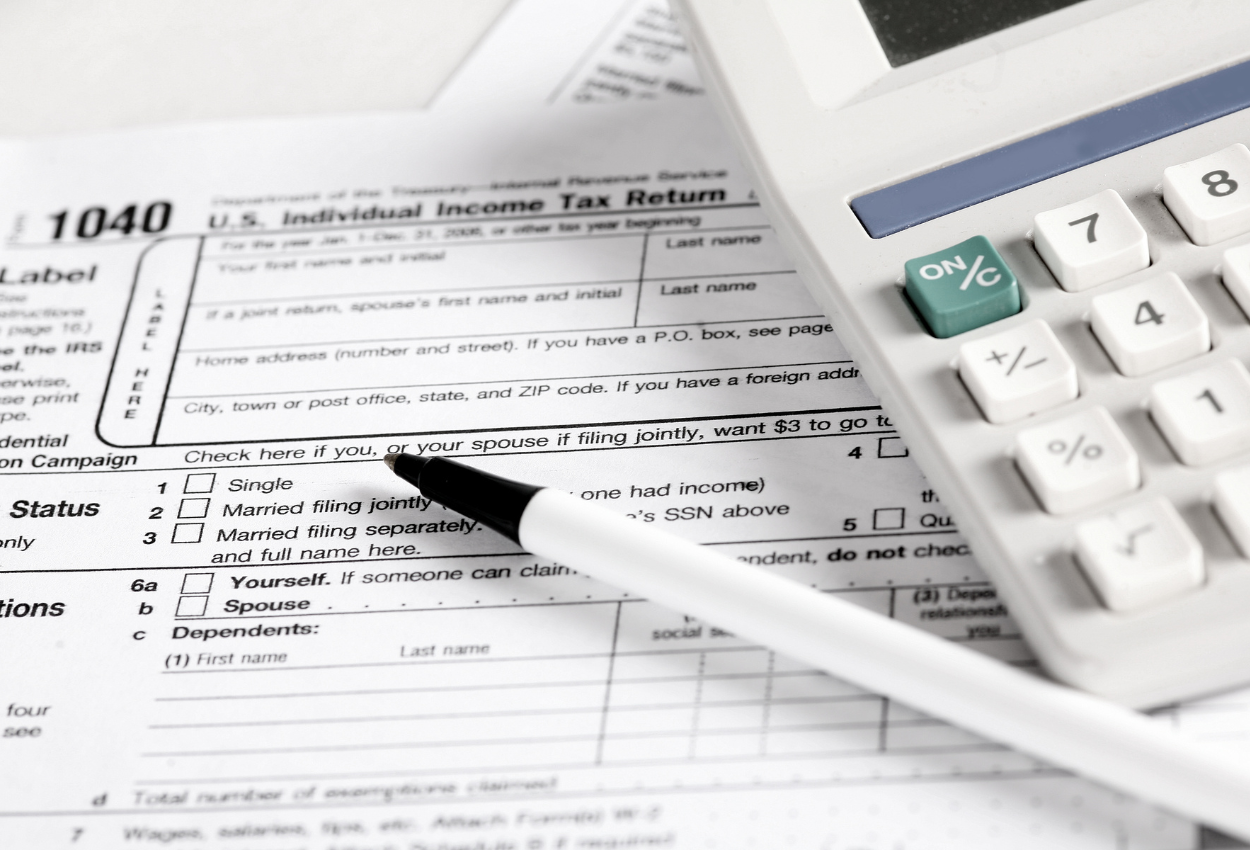
The Bottom Line About Quarterly Taxes
Paying quarterly taxes isn’t something everyone has to do. But if you are self-employed, an independent contractor, or have other forms of income that aren’t subject to withholding tax, it’s important to understand the rules and regulations around estimated quarterly tax payments.
Use IRS Form 1040-ES to calculate and make your estimated payments in a timely fashion so you don’t incur unnecessary penalties or interest fees from the IRS.
Get Tax Help with a CPA in Colorado Springs
By understanding the law and calculating your estimated tax payments accurately, you can ensure you pay the right amount of taxes each quarter. This will help save you time, money, and stress when it comes time for filing your annual taxes.
But taxes are stressful, and you may need some extra help. At Bennett CPA, Merrill Bennett specializes in tax preparation for individuals and small to mid-sized businesses. As an experienced CPA, Bennett is here to ensure you get the most favorable outcome possible when filing your taxes. Contact Bennett CPA today to find out how you can get tax help!
